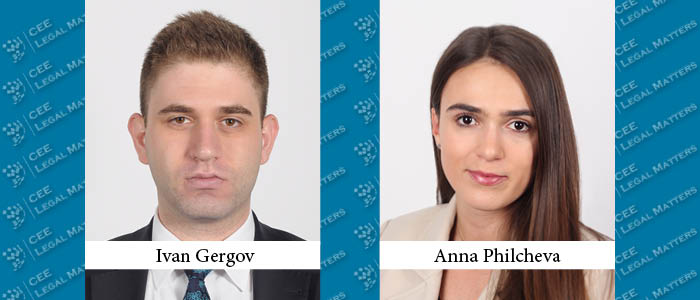The sweeping digital transformation has significantly changed the economic and financial landscape, and at the heart of this change is the emerging phenomenon of cryptocurrencies. With this innovative fusion of finance and technology, the pertinent question of how to tax these new assets arises. Bulgaria, like its global counterparts, is grappling with the complexities of this issue. Dive in for an in-depth look at Bulgaria’s approach to taxing crypto assets.
Setting the Scene: Bulgaria’s Legislative Approach
Unlike some countries that have developed specific laws tailored to crypto taxation, Bulgaria has chosen to apply its existing tax laws to the world of digital assets. In other words, Bulgaria doesn’t have a separate law for the taxation of cryptocurrencies. Instead, it treats them in the same way as traditional financial instruments. This broad stance helps industry participants by avoiding the often complex crypto-specific terminologies and, in turn, provides clarity on tax liabilities, promoting transparency for all stakeholders.
From Digital to Traditional: Taxing Crypto Conversions
When a Bulgarian citizen converts their cryptocurrency holdings into traditional currencies such as dollars, euros, or pounds, specific tax rules apply. Individual traders fall under the jurisdiction of the Personal Income Tax Act. Corporations and other business entities, on the other hand, fall under a different regime. These entities – whether startups or established businesses – must rely on the corporate tax framework for clarity on their cryptocurrency operations.
Beyond Mere Currency: Crypto’s Tangible Interactions
An inherent feature of cryptocurrencies is their exchangeability. Whether for products, services, or the exchange of one cryptocurrency for another, the tax consequences remain the same, reflecting Bulgaria’s commitment to consistency and predictability.
Casual Versus Professional: Defining the Line
In the realm of cryptocurrency trading, the distinction between hobby and professional activity can be blurred. But Bulgaria’s National Revenue Agency (NRA) provides clarity. The frequency and nature of transactions determine their categorization. Dealing with cryptocurrencies more than a few times a year? You’re now in the realm of professional trading, which is subject to a 15% tax rate. This well-defined boundary simplifies tax obligations for residents.
Navigate the Ups and Downs: Losses and Gains
Crypto trading is often characterized by its volatility. With fluctuations come profits and losses. For those hoping to reduce their tax liability by offsetting gains against losses, it’s important to be aware of Bulgarian policy. Only losses from the current year can be used. Losses from previous years cannot be carried forward, making timely and strategic planning essential.
From Cryptoart to Sports Cards: The World of NFTs
Non-fungible tokens (NFTs) are undoubtedly one of the most talked about innovations. Bulgaria’s approach to these digital collectibles? It treats NFTs like regular cryptocurrencies. Both fall under the broad umbrella of “financial assets” for tax purposes.
Mining and Staking: Diving Deeper
Crypto mining is no small matter in Bulgaria, requiring a tax rate of 15%. This is due to the NRA’s view that mining is an economic activity. Similarly, in the world of staking, the nuances of Bulgarian taxation are evident. Regardless of whether you are a validator or a delegator, taxes are only due on the sale of the staked tokens.
A Broader Perspective: Other Crypto Activities
Bulgaria’s comprehensive tax guidelines cover various crypto activities such as farming, futures, and lending. Irrespective of the specific nature of the crypto venture, there remains an unwavering need to declare any income derived from these sources during the tax year.
Conclusion: Bulgaria’s Comprehensive Vision
While rooted in traditional tax principles, Bulgaria’s approach is clearly holistic. It provides clarity for those navigating the multifaceted world of digital assets. As the crypto landscape experiences unprecedented growth, it’s important for enthusiasts and professionals alike to stay abreast of local regulations and continually engage with tax experts to ensure they sail smoothly through these digital waters.
By Ivan Gergov, Partner, and Anna Philcheva, Associate, CMS


